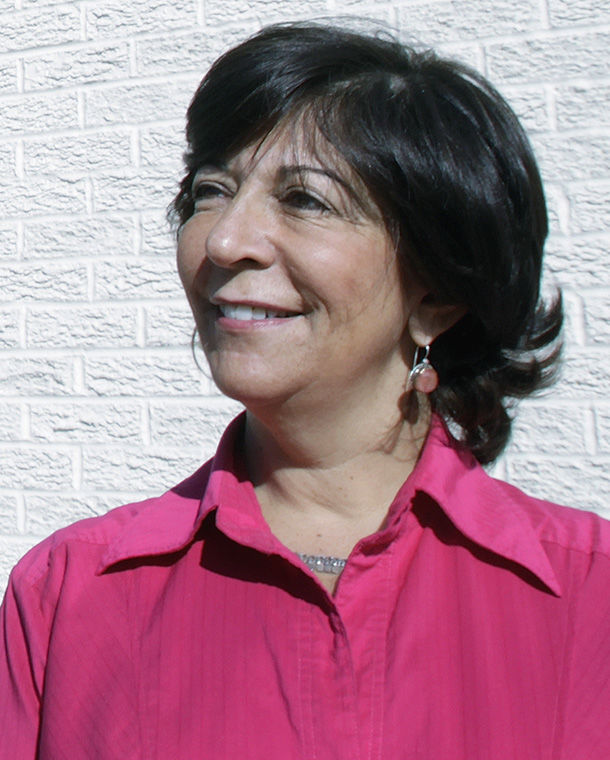Illinois counters Trump’s anti-abortion rhetoric
State Rep. Sara Feigenholtz, D-Chicago, wants to send a message to President Donald Trump by ensuring Illinois state coverage of abortions.
February 20, 2017
In response to President Donald Trump, who previously said he would like to see some kind of “punishment” for women who receive abortions, Illinois House of Representatives Democrats are sponsoring legislation to protect women’s access to safe, legal abortion services.
House Bill 40, sponsored by State Rep. Sara Feigenholtz, D-Chicago, aims to eliminate “trigger” language in the Illinois abortion law that would criminalize abortion in the state of Illinois if Roe v. Wade is repealed. Another part of the bill also removes any provision that would bar insurance coverage for abortion services to women who rely on Medicaid or state employee health insurance.
Feigenholtz could not be reached for comment as of press time.
The legislation comes as the future of Roe v. Wade grows uncertain, as a conservative nominee for the Supreme Court, Neil Gorsuch awaits confirmation.
“[Trump] promised when he was running and afterward that he would appoint justices who would overturn Roe v. Wade,” said Brigid Leahy, director of public policy for Planned Parenthood of Illinois. “I don’t think we’ve ever had a president be that open about his intention when it comes to appointing someone to the Supreme Court.”
Joseph Mello, assistant professor of political science at DePaul University, said it has long been the goal of the Republican Party to overturn the decision of Roe v. Wade. How Gorsuch might rule is unclear, but Mello said he wouldn’t have imagined him receiving the nomination unless he was perceived as being a “pro-life jurist.”
Despite mounting fear and speculation, Mello said “he wouldn’t put his money” on Roe v. Wade actually being overturned.
The Supreme Court is currently split, four liberal justices and four conservative justices, and Mello said if the 1973 ruling were overturned, the responsibility of deciding to legalize abortion would fall onto the states individually.
It is likely that liberal states like California and Illinois would support abortion while conservative states like Texas and Oklahoma probably would not, according to Mello.
“It would be a federalism decision and, in some ways, it would more closely align with what public opinion is,” he said.
Safe, legal access to abortion is critical because it should be seen as necessary healthcare for women, according to Lorie Chaiten, director of the women’s and reproductive rights project for the American Civil Liberties Union of Illinois.
“Only through control of their reproductive lives can women achieve an equal role of the social fabric of our nation,” she said. “If we deny them their ability to control their reproductive life, we will never be able to achieve equality.”
The bill is currently before the Illinois House and has to also receive Senate approval and Gov. Bruce Rauner’s signature. When asked about the bill in a meeting with Chicago Sun-Times Editorial Board, Rauner said he does not want to comment on it yet because he has not studied it.
Leahy and Chaiten stressed the need to contact local representatives to help get the legislation passed. Chaiten said explaining to them that no matter what happens in Washington D.C., Illinois will protect a women’s right to abortion.
People should educate themselves on the topic and understand women’s healthcare—including abortions—from the perspective of it being “essential healthcare,” Chaiten said.
“We need to stop the days of stigmatizing abortion and those who provide it to women and stop stigmatizing women who need [them],” Chaiten said.
Illinois has acted as a “safe haven” for women’s healthcare in the Midwest, Leahy said, because the state holds fewer restrictions than others and wants to see that continue.
“We have a duty to preserve that safe haven for the women of Illinois and also potentially all of the women in the surrounding states,” she said. “We’re taking that duty very seriously.”







